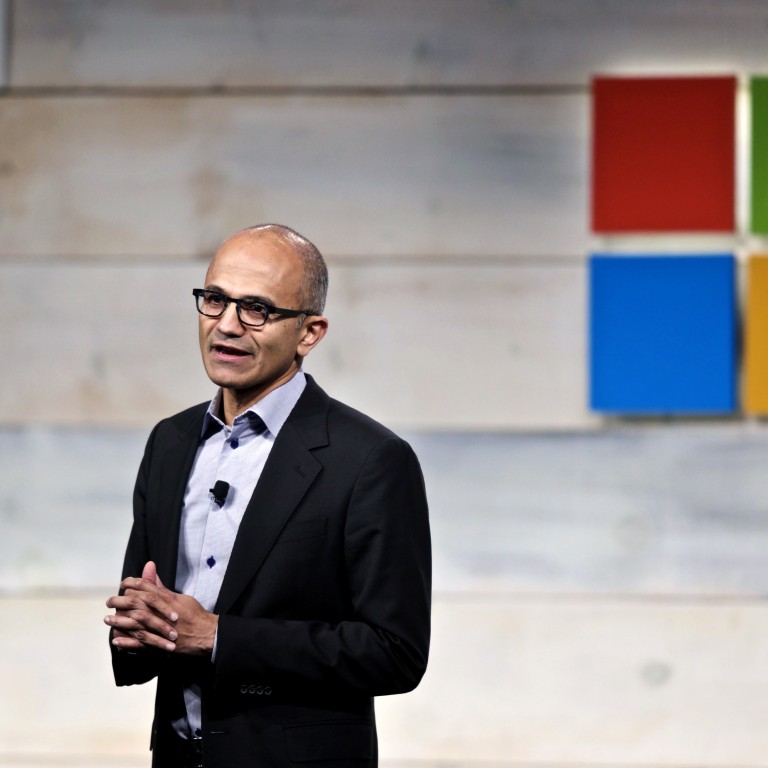
Microsoft wants to make curing people easier with artificial intelligence
As the medical industry becomes more digitised, more data is being produced which can lead to more personalised treatments, say software giant's top researchers
The medical industry could be set for a "revolution" with the emergence of more complex artificial intelligence (AI), one of Microsoft's top researchers told CNBC on Wednesday, as technology giants look to enter the health care space.
AI is a broad area, but one part of this called "machine learning", can be used to analyse a large amount of data, make predictions, and offer personalised recommendations. In theory, machine learning means that a piece of computer software can learn and get smarter.
Microsoft and other major US technology giants have been investing in AI, acquiring smaller companies, and finding applications.
For Microsoft, the medical industry could be transformed with the tech.
"I think artificial intelligence is probably the biggest transformation in the IT industry. Medical is such a big area in terms of GDP that that's got to be a good bet," Christopher Bishop, lab director at Microsoft Research in Cambridge, UK, says.
"I think the medical domain is set for a revolution."
The Redmond, WA-based firm has been trialing ways in which AI and machine learning can be used to analyse medical scans of patients. For example, the technology can be used to scan an image of a brain tumor to quantify how big it is, the different tissues it is made up of and then decide on the best course of treatment. This could help doctors discover details about the tumor that they may not have been able to before, or that might have taken a long time to uncover.
Bishop said that as the medical industry becomes more digitised, an increasing amount of data is being produced which can be analysed to create personalised treatments.
Technology companies see the medical arena as an area in which they can have a big impact. Earlier this year, Apple chief executive Tim Cook said health care is an "enormous" opportunity. In June, Eric Schmidt, the executive chairman of Google parent Alphabet predicted that in the next five to 10 years, people will be wearing smartwatches that can detect if you have an illness and will then call your doctor for you.
Health care is certainly one key area of focus, but Bishop also said that AI will make it possible to have a "personal companion" able to assist you through life.
"I think one of the most exciting prospects is the idea of a digital agent, something that can act on our behalf, almost become like a personal companion and that can do many things for us. For example, at the moment, we have to deal with this tremendous complexity of dealing with so many different services and applications, and the digital world feels as if it's becoming ever more complex," Bishop says.
"But now imagine an agent that can act on your behalf and be the interface between you and that very complex digital world, and furthermore one that would grow with you, and be a very personalised agent, that would understand you and your needs and your experience and so on in great depth."
He said that people should think of this as something "rather abstract that lives in the cloud" and can be accessed through text, voice and gesture.
Currently, digital personal assistants like Microsoft's Cortana, Apple's Siri and Google Now allow users to talk into their devices and receive information. Bishop said these are just "an early step" to the longer-term vision.
The idea of having an assistant that can assist you is something that many technology leaders have floated. In January, Facebook chief executive Mark Zuckerberg said that he planned to build "a simple AI to run my home and help me with my work" this year.

